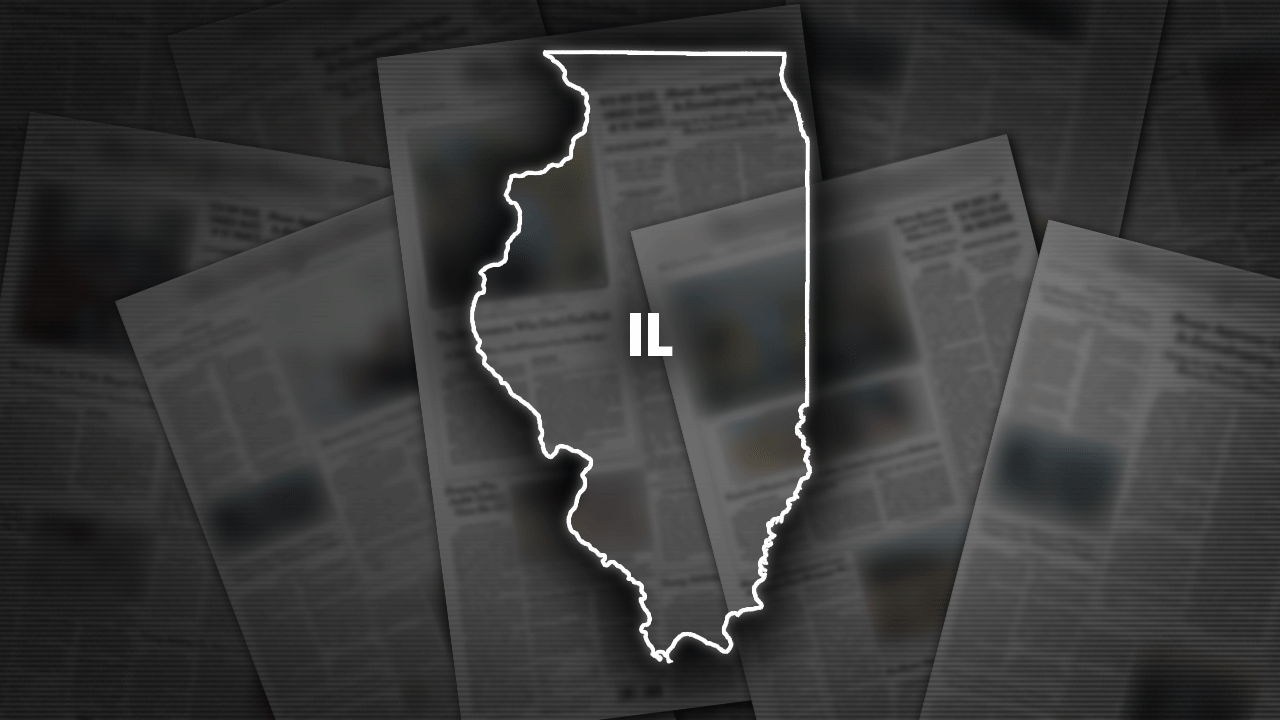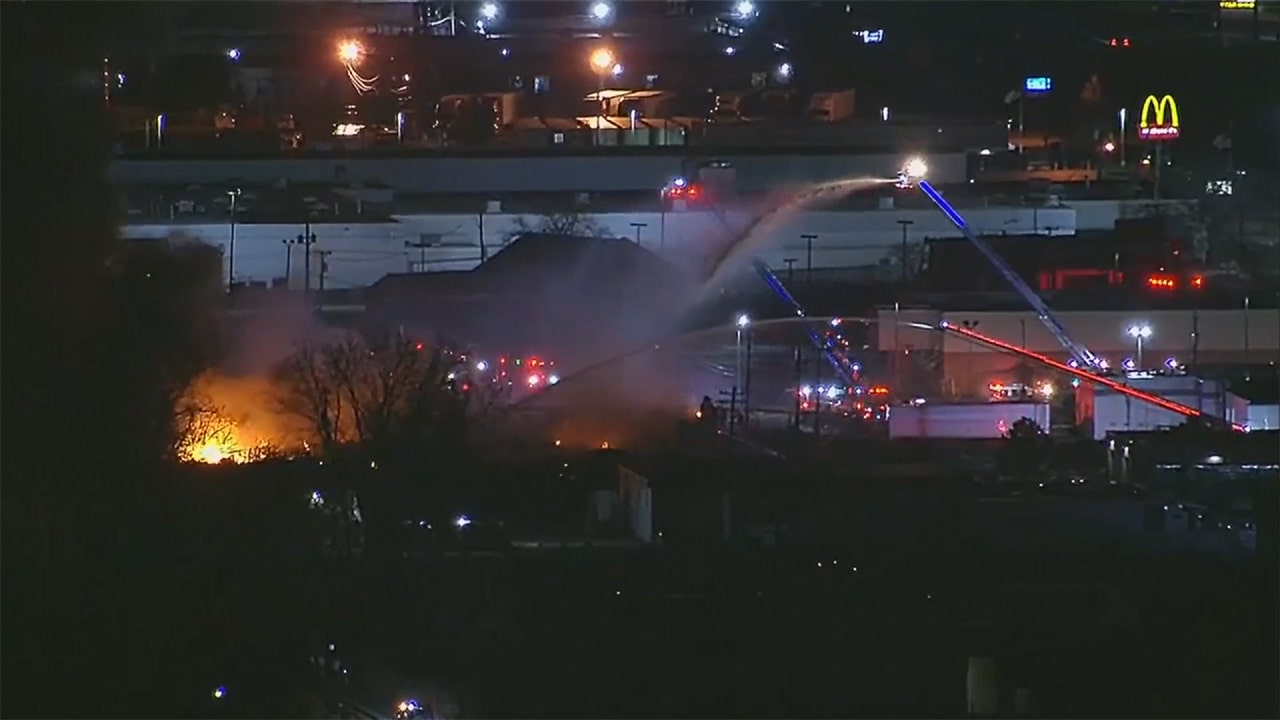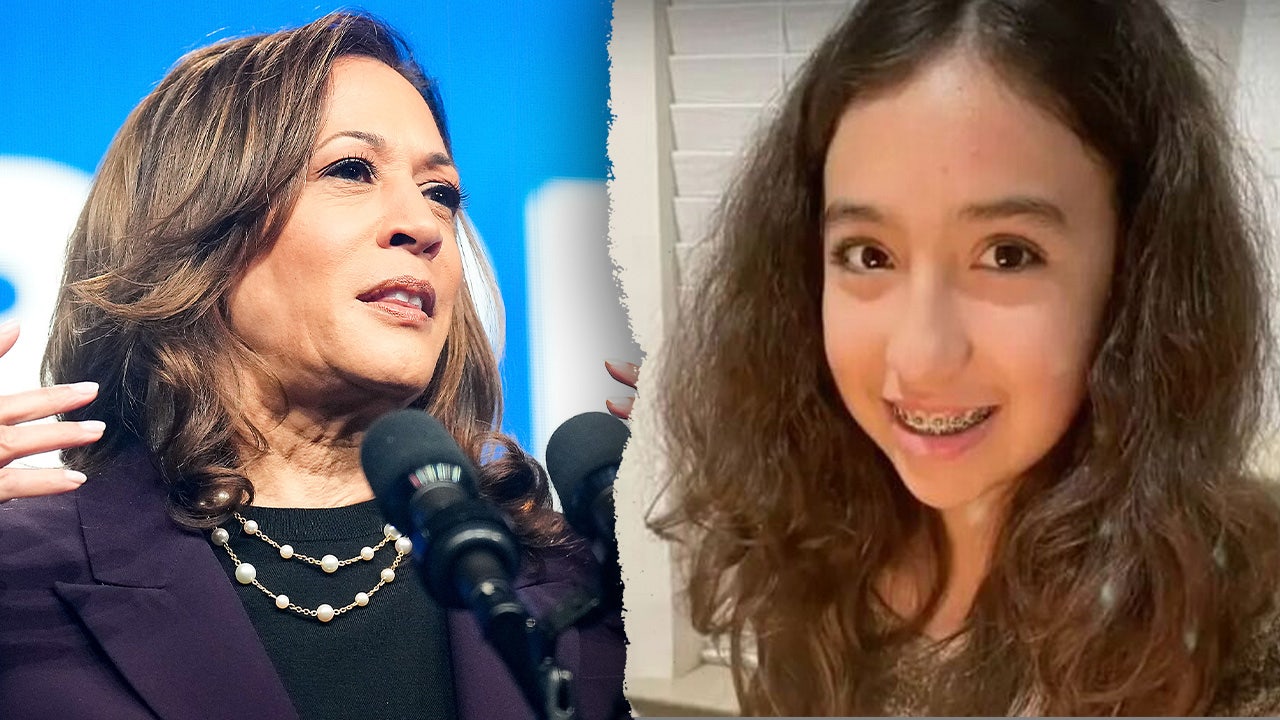The moment had finally come. Late Tuesday morning, nearly five years after Republicans first went after Hunter Biden, the president’s son could finally be called a convicted felon.
But Donald J. Trump and other Republicans did not seem to be relishing the opportunity. The early reaction to a jury’s guilty verdict against Hunter Biden on three felony gun charges resembled a shriveling balloon.
“The Hunter Biden gun conviction is kinda dumb tbh,” said one close Trump ally, Representative Matt Gaetz of Florida, in a post on X, using an abbreviation for “to be honest.” Another Trump associate, Charlie Kirk, called it a “fake trial.”
Many Trump allies had been secretly rooting for an acquittal. The talking points wrote themselves: It would have been yet more evidence that the United States justice system was rigged in favor of the Bidens and against the Trumps. Tuesday’s guilty verdict was inconvenient to that narrative.
Even more valuable would have been the fund-raising potential.
A person with knowledge of the Trump campaign’s fund-raising plans, who spoke on the condition of anonymity, said there had been discussions about how much an acquittal would help Mr. Trump, potentially raising tens of millions of additional dollars as they planned to cite it as more evidence the justice system was rigged. After Mr. Trump was convicted in Manhattan on 34 felony counts, his campaign raised record sums online, and some of his advisers recognized that an acquittal of Mr. Biden’s son had the potential to raise Mr. Trump far more cash than a conviction, the person said.
Prominent Republicans, including those in the Trump campaign, immediately minimized the three felony gun charges, complaining that the charges steered public attention away from unspecified crimes that they claimed President Biden has committed and a justice system that they insisted was still very much two-tiered.
It spoke volumes that the first reaction from the Trump camp did not come directly from Mr. Trump himself, who had still not posted a word about the verdict hours after it landed. Instead, his campaign issued a statement that described the conviction as a “distraction.”
“This trial has been nothing more than a distraction from the real crimes of the Biden Crime Family, which has raked in tens of millions of dollars from China, Russia and Ukraine,” said Karoline Leavitt, the Trump campaign’s national press secretary. “Crooked Joe Biden’s reign over the Biden Family Criminal Empire is all coming to an end on November 5, and never again will a Biden sell government access for personal profit.”
The president has not been charged with crimes, and House Republican leadership abandoned its effort to impeach Mr. Biden after it became clear that too many Republicans thought they lacked evidence of wrongdoing sufficient to impeach. Hunter Biden is facing another trial in September, on nine charges stemming from failure to pay $1.4 million in taxes from 2016 through 2019.
Behind all this, Mr. Trump, who aggressively attacked Hunter Biden in the 2020 election, has changed his mind about the political value of doing so now, at least over the younger Mr. Biden’s personal issues, according to people close to the former president.
In a meeting last year, Mr. Trump acknowledged privately to an associate that attacks against the president’s son had the potential to backfire politically, according to a person who attended the meeting who spoke on the condition of anonymity to describe a private conversation. Mr. Trump said Republicans needed to be careful, the person said, “not to go overboard” on the Hunter Biden attacks, especially on the drug addiction issue, because it could elicit sympathy and make people view the president as a caring father.
The way Mr. Trump speaks today about the Hunter Biden case is markedly different from his drumbeat over what he called “the laptop from hell” in 2020.
In their first presidential debate, in September 2020, Mr. Trump directly attacked the president’s son over his drug use.
“Hunter got thrown out of the military,” Mr. Trump said at the debate. “He was thrown out, dishonorably discharged, for cocaine use.”
His attack wasn’t technically true. The president’s son had received an administrative discharge from the U.S. Navy Reserve — not a dishonorable discharge — after he tested positive for cocaine. But true or not, the attack was widely seen as politically misguided. It gave Mr. Biden an opportunity to stand beside Mr. Trump on the debate stage and connect emotionally with millions of Americans watching on television who knew somebody affected by drugs.
“My son, like a lot of people, like a lot of people you know at home, had a drug problem,” Mr. Biden said. “He’s overtaken it, he’s fixed it, he’s worked on it, and I’m proud of him.”
During the final 11 days of the 2020 campaign, Mr. Trump referred to Hunter Biden more than five dozen times at rallies, during interviews and in social media posts. Instead of focusing on an argument for why he deserved a second term, he repeatedly posted the question, “Where’s Hunter?”
“It’s treason, or whatever you want to call it,” Mr. Trump said on the last day of the 2020 race. “We caught the whole thing. The son — where’s Hunter? Where’s Hunter?”
Mr. Trump appears to have learned a political lesson from that experience. Now, he sometimes leads with empathy about the plight of addiction and his own family experience with it, including in a recent interview with Sean Hannity on Fox News.
“I had a brother who suffered tremendously from alcoholism and alcohol,” Mr. Trump told Mr. Hannity of his older brother, Fred Trump Jr., whose fight with addiction Mr. Trump often credits for why he himself does not drink. “And it was a terrible thing to watch. He was an incredible guy with the best personality. He was the best-looking person you have ever seen. Everything was perfect. But he had an addiction. And so I understand addiction.”
In other interviews this year, he has used questions about Hunter Biden to suggest his empathy with those struggling with addiction and to lament the destructive effects of fentanyl flowing across the border.
These days, Mr. Trump rarely mentions Hunter Biden on the stump. Instead, he tends to refer broadly to Mr. Biden and his family as corrupt.
Mr. Trump seemed to note the shift himself at a rally in North Carolina in March. “Remember when, uh, Hunter — remember, we used to go, ‘Where’s Hunter?’ At least now we know where he is.”
Still, at campaign events before he had won the delegates necessary to secure the Republican nomination, Mr. Trump would often invoke Hunter Biden as a way to accuse the Justice Department of putting its thumb on the scale of the election. At the end of several rallies in February and March, Mr. Trump accused the F.B.I. of insisting that the “laptop from Hell was Russian disinformation” in order to help Mr. Biden win the 2020 election.
Mr. Trump stopped making specific comments about Hunter in his stump speech as he moved toward the general election and as his own criminal trial in Manhattan began, instead using the “Biden crime family” as an all-purpose slur.
Not all Republicans saw the conviction as a diminishing return that undercuts their message. House Republicans’ campaign arm was already fund-raising off the conviction, hawking what it called “jumpsuit orange” shirts accusing Mr. Biden and his son of criminal corruption.
Asked by CNN whether Hunter Biden’s conviction undercut his claims of a two-tiered system of justice, Speaker Mike Johnson responded, “It doesn’t. Every case is different. And clearly the evidence was overwhelming here. I don’t think that’s the case in the Trump trials.”
Newt Gingrich, the former House speaker who has remained close to Mr. Trump, said in an interview that Hunter Biden’s trial was fairly conducted. Mr. Trump’s trial, he maintained, was a preordained outcome that took place in a liberal borough.
“In my mind, it would have been another blow to the entire system if Hunter, having been so clearly, vividly guilty, had been let off because it was Delaware,” said Mr. Gingrich, referring to the location of the trial, which was held within walking distance of the president’s campaign headquarters in Wilmington.
Yet the shiftless and broadly muted G.O.P. response to the verdict said more than any protestations to the contrary. A Trump ally who spoke on the condition of anonymity to candidly describe private conversations explained that as soon as it was clear that the Hunter Biden gun case couldn’t be used against President Biden, the topic fell off the radar for political messaging.
“The only good that could come out of this was that if he was acquitted on charges where he’s obviously guilty,” the Trump ally said. “An acquittal on charges that he was obviously guilty was the only upside for us.”
Reporting was contributed by Shane Goldmacher, Michael C. Bender, Luke Broadwater, Catie Edmondson, Annie Karni and Robert Jimison.






